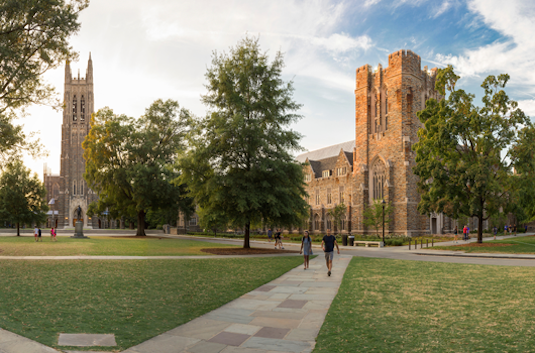Guest Lecturer: Christian Karner, Professor of Sociology - University of Lincoln (UK)

Theorizing the Social in Germany, 1900-2024
In this talk, I examine how key theorists from what one may term a "German-language lineage of sociology" have answered a fundamental, ontological question: namely the question as to what "the social" actually is. To address this, I briefly examine Georg Simmel's work on Wechselwirkungen (i.e. inadequately translated as interactions); Max Weber's three-fold focus on the connections between meaning, actions, and structures; Norbert Elias's thoughts on the historical genesis of political "interweavings" (Verflechtungen); Niklas Luhmann's work on communicative systems; and Hartmut Rosa's thoughts on "resonance". Despite all conceptual differences among these thinkers and the theoretical strands they represent, the discussion reveals significant common ground between them. What they share is a recognition of the spaces between individuals, groups, and institutions; and of the complex, structurally "under-determined" negotiations that take place in those spaces. This recognition helps define the particularities of the "German-language lineage" in question. Its orientation, so the conclusion to my talk, is deeply indebted to the humanities. In other words, compared to the Anglophone tradition, the German-language theorists examined here are shown to occupy a place that is much closer to the Geisteswissenschaften. While this is not a novel claim per se, this discussion reveals what this proximity entails and how it has shaped German-language sociologies.






